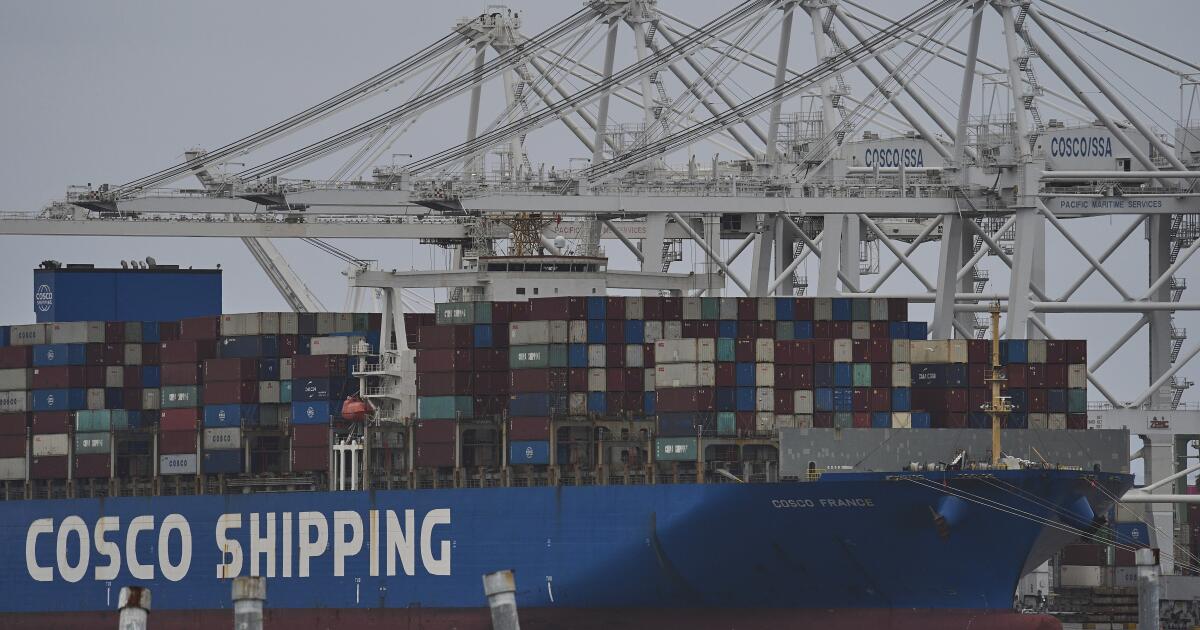The World Bank has warned that trade wars will reduce global economic growth this year, particularly affecting the United States and other major economies. The institution cited a “substantial increase in trade barriers” without naming specific leaders. It forecasts that the U.S., the world’s largest economy, will grow at half the rate of 2024, with a projected 1.4% growth compared to 2.8% last year. This marks a downward revision from the 2.3% growth predicted earlier for 2025.
The World Bank also cut its global growth forecast by 0.4 percentage points, now expecting the global economy to expand by just 2.3% in 2025, down from 2.8% in 2024. In the foreword to the latest Global Economic Prospects report, the World Bank’s chief economist, Indermit Gill, noted that the global economy has missed its chance for a “soft landing,” which seemed possible just six months ago.
“The global economy is once again facing turbulence,” wrote Gill. “Without a quick course correction, the damage to living standards could be profound.” The economic outlook for the U.S. has been clouded by aggressive trade policies, including a 10% tariff on imports from nearly all countries. These tariffs raise costs and invite retaliation from trading partners.
China’s growth is expected to slow from 5% in 2024 to 4.5% this year and 4% next year, hindered by tariffs, a collapsing real estate market, and an aging workforce. The Eurozone is projected to grow by only 0.7% this year, down from 0.9% in 2024, with U.S. tariffs negatively impacting European exports. India is set to remain the fastest-growing major economy, expanding at 6.3%, though this is lower than previous forecasts. Japan’s growth is expected to rise slightly but remains sluggish at 0.7%.
The World Bank aims to reduce poverty and improve living standards by providing grants and low-interest loans to poorer economies. Another global organization, the OECD, also recently lowered its forecasts for the U.S. and global economies.
— new from Los Angeles Times
